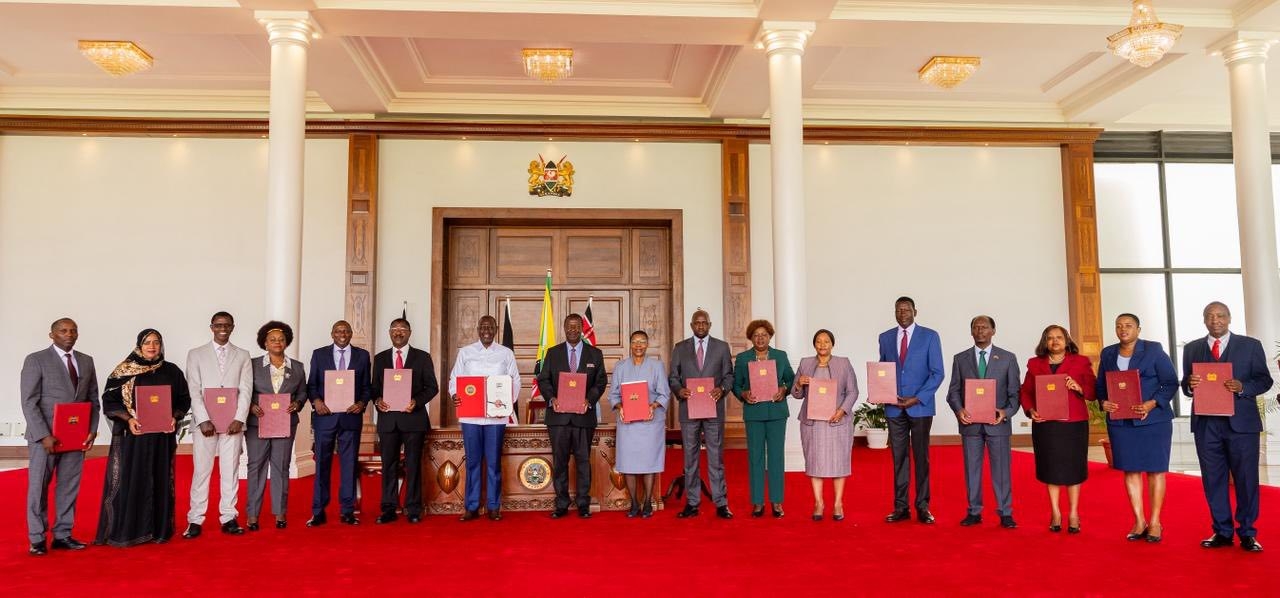Chief Justice Martha Koome has called on courts to adopt pro-arbitration and pro-enforcement attitudes when dealing with applications for recognition and enforcement of arbitral awards, both domestic and foreign.
In a speech delivered on her behalf by Supreme Court Judge Smokin Wanjala during the Nairobi Arbitration Week on Thursday, Koome said the process of arbitration would be meaningless without enforcement.
She said this would mean that the alternative dispute resolution method would lose its credibility and legitimacy.
This would further mean that it would fail to protect the people’s rights and interests.
"This pro-arbitration and pro-enforcement stance not only promotes business confidence but also eases the burden on our court system, freeing the courts to deal with other disputes," she said.
She noted that courts have adopted the enforcement of arbitral awards.
By enforcing arbitral awards, Koome said, the courts will continue upholding the rule of law and fostered a culture of compliance and accountability.
"I am proud to state that our courts have consistently recognised and enforced arbitral awards, except in rare instances where there were compelling reasons for refusal, recognition or enforcement," the speech read by Wanjala said.
"Our courts have also recognised the importance of respecting party autonomy, finality of awards, and limited court intervention in line with international standards and best practices."
Arbitration is a process in which a dispute is submitted, by agreement of the involved parties, to arbitrator (s) out of court. An arbitral award is an award granted by the arbitrator (s) in their decision and can be financial or non- financial.
Koome acknowledged that arbitration is an efficient, cost-effective and party-friendly alternative to formal litigation
"The Judiciary sees arbitration as a vital tool for promoting access to justice, economic development, and peaceful resolution."












